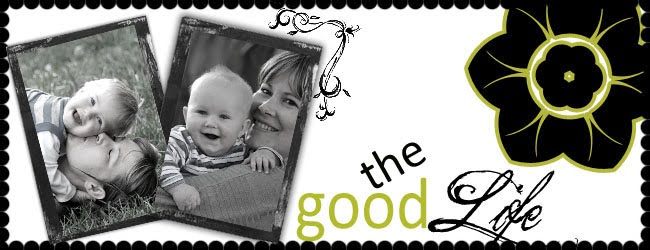So... The one thing I used to thank my lucky stars for was the fact that Malakai slept like a log, from eight weeks onwards. In fact, I was probably one of those annoyingly smug parents who all the other sleep-deprived-parents wanted to smack. I couldn't help it... but I was very very grateful.
Then Harlan was born - and he didn't believe in sleep. It's just not really his thing. And that's ok, I've come to terms with it (it only took me about a year... but I've accepted it now).
This post is not about Harlan though - because I know his night-time wakings have always been a part of who he is and he's used to crying and seeing his mom arrive to comfort him. Don't even talk to me about sleep training...
This post is about Malakai. He's not sleeping anymore. For the last six months or so, he's slept terribly! Now, I understand that children with Down syndrome do tend to have poor sleeping habits - they have a high incidence of obstructive sleep apnea as well as more time spent in lighter-sleep-stages than a typical child.
However, Malakai seems to be really uncomfortable in his sleep, as if something is hurting or annoying him. Of course, the first thing I did was to consult his ENT specialist, who told me that Malakai's tonsils and adenoids are perfect - so there is no chance that he has obstructive sleep apnea. OK - tick that off the list.
But he continued to wake up moaning and tossing and turning 5 out of 7 nights a week. I decided to give him neurofen, a painkiller, and after this he sleeps like a dream. I spoke to his GP about this and she confirmed that neurofen does not induce drowsiness, so if he was just being naughty, he would continue being naughty. But because he sleeps afterwards, it means that he IS in pain and the neurofen soothes this and he's able to sleep.
So - if he's in pain, what is it from? I started researching, because when Malakai wakes up moaning, the top half of his body is still and he's constantly stretching, rubbing and kicking his legs. So I thought that perhaps it could be his legs?
So - my friends - I am finally at two possibilities and wanted to know if any Ds Mamas out there had any experience with either of these?
It could be Restless Leg Syndrome, which can affect children as young as two years old (and Malakai is 2 and a half). It is characterised by legs that are sore when they are AT REST, so the person wants to move them in order to soothe the pain. It also happens often at night and affects the quality of sleep. It is neurological disorder that is caused (in part) by the underproduction of endorphins (and I believe this is the case with children with Down syndrome?). At this point, I have no idea how we could treat it if this was the case. I have read that certain medications can be prescribed, but of course, when it comes to a toddler, we'd have to go and see someone who could really help us out here.
The second possibility is something called Benign Joint Hypermobility Syndrome (BJHS). It sounds rather complicated, but its not really. It's a condition that often affects people who are double-jointed, i.e. have hyper-mobile joints (as is the case with Down syndrome). Because of this hyper-mobility, there is less proprioceptive input from the leg joints, and so these individuals are putting too much strain on their legs during the day's activities (and not noticing it) and when they lie down to sleep at night they feel pain in their joints. For someone like Malakai, who's climbing, running, falling and jumping all day - he could be hurting his legs and not know it. Thing is, treatment involves controlling activity (impossible for Malakai) or psysio-therapy, which Malakai is already attending, to strengthen leg muscles. If I have to wait for his legs to become more muscular, it could be months and months of sleepless nights for him...
What I do know is that I have to sort this out. Malakai is not getting the rest he so desperately needs to be able to learn to his full potential in the day time. And after a bad night's sleep the stinker is still up at 5:30am (as hard as I've tried to change that... another thing I've come to accept... lol).
Any moms out there experience something similar? Any ideas? Am I reading too much into things? Do all children with Down syndrome moan in their sleep and look like they're in pain? It's just that the pain medication actually works and helps him to sleep, but I can't give him pain medication every other night...
Any help or tips would be awesome! Thanks!
Thank You Lord 5 years NED 16 January 2013
12 years ago

















